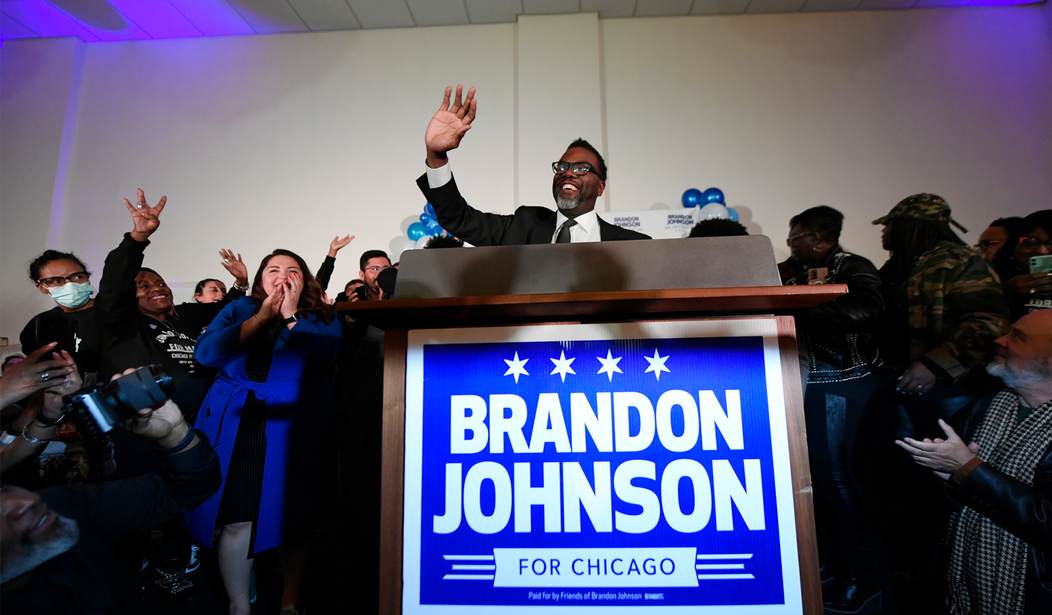Chicago Mayor Brandon Johnson has some explaining to do.
Late last month, Johnson chose a drab 16-acre lot in the southeastern part of the city as a location to build a tent city to house 2,000 illegal aliens. The money came from the state, and the only stipulation was that the city perform environmental testing.
The city's testing of the site found a toxic stew of poisons including mercury, arsenic, lead, manganese, and a chemical used in PVC.
Not to worry, said Johnson. Most of the worst poisons had been removed, and the site was now ready for human habitation.
Not so fast, said Gov. J.B. Pritzker (D-Ill.). The governor had the state's EPA examine the data and found that before people could camp there, substantial clean-up would be necessary.
What was Johnson thinking?
“I’m very much committed to environmental justice,” said Johnson, adding that Pritzker’s administration never made a formal “request” for the city to follow specific guidelines. Maybe not, but Johnson is now arguing that even if the site contained poisons at levels that required toxic waste cleanup, he was right to try and put migrants on the polluted land since the state never specifically said the poisonous ground was hazardous to human health.
“We made remediation that was suited for this temporary site,” he said. “Now as far as moving forward, those conversations are going to be strengthened. I’m very much committed to making sure that there’s a clear understanding for everyone as we move forward to address this mission.”
Johnson added that the city is negotiating with the private owner of the Brighton Park lot, saying “we’re not moving forward with that” as a migrant camp. He did not answer questions on how much of the bill on the failed site will need to be footed by city taxpayers.
The mayor noted the pace of buses filled with migrants coming to Chicago will likely not slow. And he did not rule out future tent encampments despite recent signals that he’s cooling on the monthslong plan, saying “all of our options are still the same.”
“While the city might be comfortable placing asylum-seekers on a site where toxins are present without a full understanding of whether it is safe, the state is not,” Pritzker spokeswoman Jordan Abudayyeh said in a statement last week after Johnson’s team blamed the state for not providing the right guidelines to the city.
Johnson argues that because the site was going to be used on a "temporary" basis only, the environmental standards for permanent housing didn't apply. It's a bogus argument. The toxic waste was going to affect people's health whether the site was temporary or permanent.
Johnson ran for mayor on an unabashedly radical left platform. One of the centerpieces of that platform was "environmental justice" for residents in poor neighborhoods.
The debacle was a high-profile mark on the progressive mayor’s stated values of environmental justice and his mission to prove Chicago’s welcoming city reputation with limited resources. Still, the Johnson administration has made swift progress with reducing the population sleeping outside Chicago police stations. There are now about 350 migrants at the police districts and 220 at O’Hare International Airport, down from a peak of about 3,800 combined earlier this fall.
Johnson has made some quiet deals to hand off many of the new arrivals to suburbs. Some of the suburbs have resisted, while others have reluctantly taken in a few of the new arrivals. While there won't be a tent city to house the illegals, the city will find space for them whether the citizens of Chicago want them or not.










Join the conversation as a VIP Member